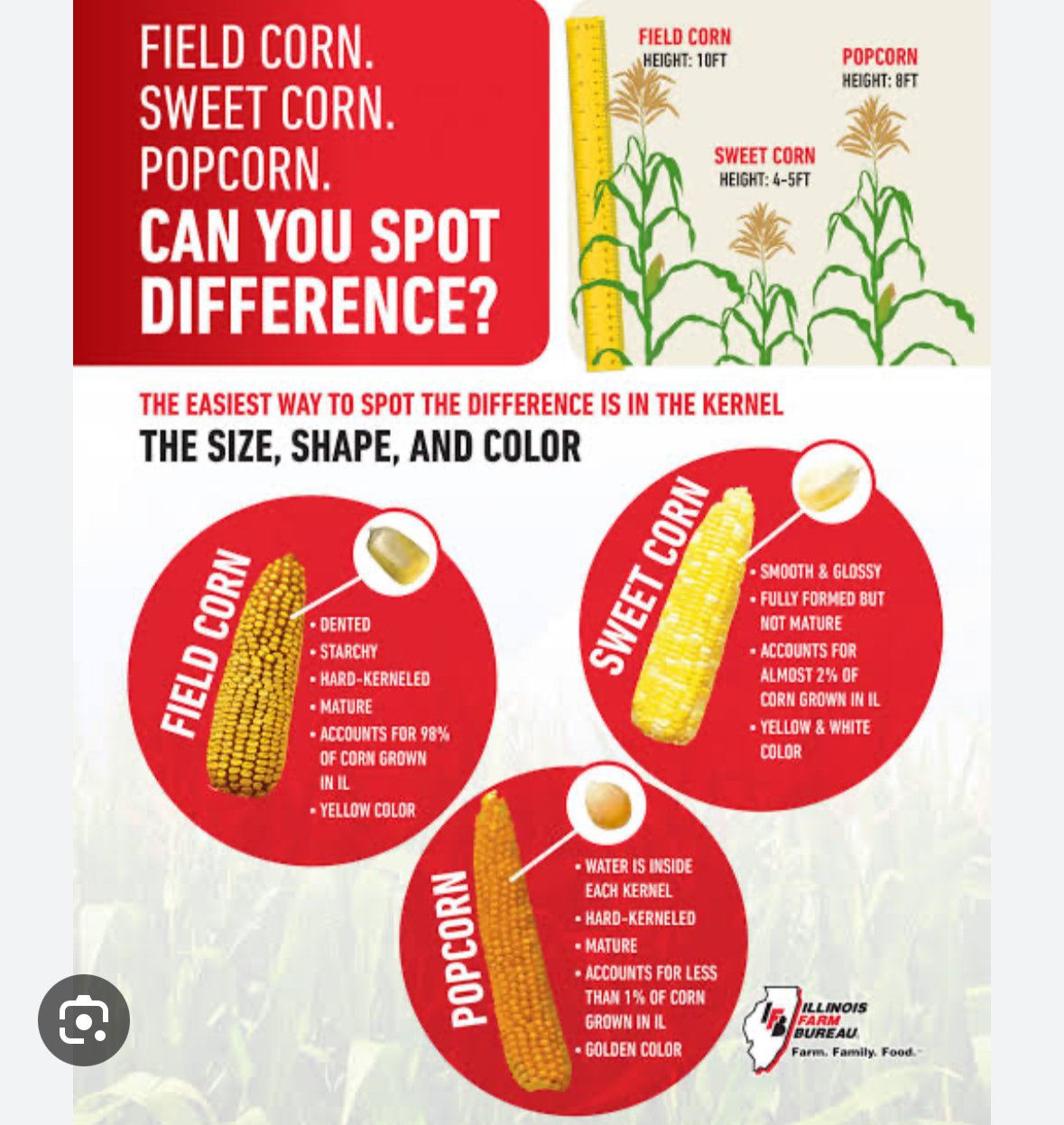
Reading Time: 2 minutes
Understanding the Health Risks of American Corn vs. Indian Corn: Making Informed Choices for Better Health. Corn, a staple food in many parts of the world, comes in various varieties, each with its own unique characteristics and nutritional profiles. In recent years, there has been growing concern about the health risks associated with consuming American corn compared to its Indian counterpart. In this article, we’ll explore the differences between American corn and Indian corn and discuss which may be the healthier option for you.
American Corn: The Concerns
American corn, also known as sweet corn, is a popular variety commonly found in grocery stores and served at picnics and barbecues. While delicious and versatile, American corn is often genetically modified (GM) to resist pests and herbicides, leading to potential health risks.
Health Risks Associated with American Corn:
- Genetic Modification: Many strains of American corn are genetically modified to enhance certain traits, such as pest resistance and yield. Some studies suggest that genetically modified organisms (GMOs) may have adverse effects on human health, although more research is needed to fully understand the long-term impacts.
- Pesticide Exposure: The cultivation of GM corn often involves the use of pesticides and herbicides, which can leave residues on the corn kernels. Prolonged exposure to these chemicals may pose health risks, including potential links to cancer and other health conditions.
- Nutrient Loss: Due to intensive farming practices, including monocropping and soil depletion, American corn may have lower nutritional value compared to its non-GMO counterparts. This can result in decreased levels of essential vitamins, minerals, and antioxidants.
Indian Corn: A Healthier Alternative?
Indian corn, also known as maize or field corn, is a traditional variety cultivated in India and other parts of the world. Unlike American corn, Indian corn is typically non-GMO and grown using traditional farming methods, which may offer certain health benefits.
Health Benefits of Indian Corn:
- Nutritional Value: Indian corn is rich in essential nutrients, including fiber, vitamins (such as vitamin A, vitamin C, and B vitamins), minerals (such as magnesium and potassium), and antioxidants. These nutrients are important for overall health and well-being.
- Non-GMO: Indian corn is often grown using traditional farming practices without genetic modification, reducing the potential risks associated with GMOs and pesticide exposure.
- Diverse Uses: Indian corn is not only consumed as a food crop but also used in various traditional dishes, beverages, and cultural practices. Its versatility and cultural significance make it a valuable part of many diets.
Making Informed Choices
When it comes to choosing between American corn and Indian corn, it’s essential to consider factors such as farming practices, genetic modification, and potential health risks. While American corn may be more readily available and convenient, opting for Indian corn sourced from local, organic farms may offer a safer and healthier alternative.
Conclusion
In conclusion, the choice between American corn and Indian corn ultimately depends on your personal preferences, dietary needs, and values. While American corn may be popular and widely consumed, it’s essential to be aware of the potential health risks associated with GMOs and pesticide exposure. Indian corn, on the other hand, offers a traditional, non-GMO alternative that may provide greater nutritional value and peace of mind.
By making informed choices and supporting sustainable farming practices, we can ensure a healthier future for ourselves and the planet.Understanding the Health Risks of American Corn vs. Indian Corn: Making Informed Choices for Better Health
